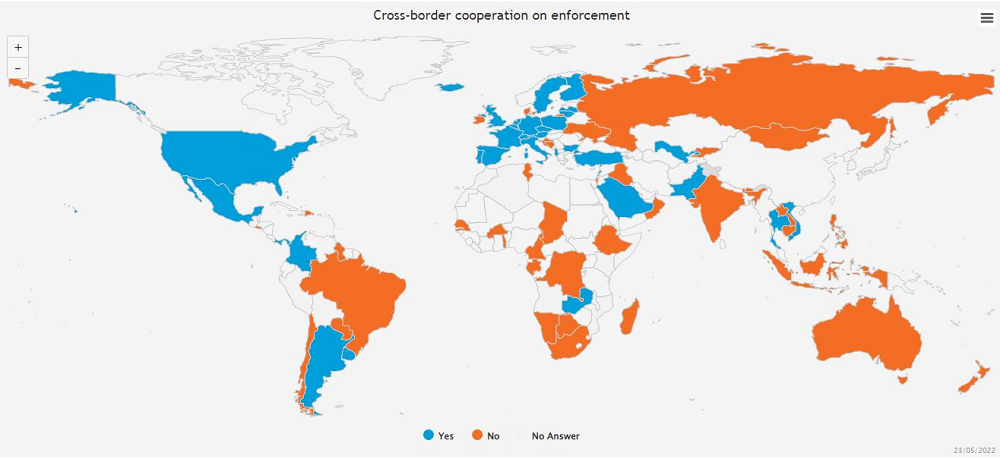Rogue traders whose unsafe products have been withdrawn from one market can export them to countries with weaker consumer product safety, disregarding consumers’ right to safe products.

© Quality Stock Arts/Shutterstock | A quality control team conducts hygiene check and process standard inspection on a plant production line.
Billions of people face the greatest cost-of-living crisis in a generation due to rising food and energy prices amid tighter financial conditions. Vulnerable consumers are in a dire situation.
UNCTAD’s analysis shows that a 10% increase in food prices will trigger a 5% decrease in the incomes of the poorest families, equivalent to their health expenditure.
As consumers try to reduce their spending, they will pay a high price if they buy unsafe products. The United States reports 43,000 deaths and 40 million injuries per year associated with consumer products, with yearly costs of over $3,000 per capita.
“Governments must strive to continue and succeed in their long-term mission of protecting their consumers, a mission of renewed relevance today,” said UNCTAD Secretary General Rebeca Grynspan at the organization’s intergovernmental meeting on consumer protection held on 18 and 19 July.
Unsafe products a threat across borders
Keeping consumers safe is a top priority for governments around the world. UNCTAD research shows that general safety requirements and liability regimes embedded in laws, along with standards, are the cornerstones of consumer product safety frameworks around the world.
While more developed countries have put in place product safety frameworks, including laws, enforcement institutions, recall mechanisms and communication campaigns, developing countries with weaker systems are less able to tackle unsafe products.
International cooperation is therefore needed to improve product safety for all consumers.
In 2020 UNCTAD adopted its first recommendation on product safety. It aims to curb the flow of unsafe products being traded internationally, by strengthening ties among consumer product safety authorities and sensitizing businesses and consumers.
It points to the urgent need to eradicate unsafe and hazardous products being traded and manufactured.
“UNCTAD’s recommendation offers a huge potential for protecting consumers in my country and in yours, if implemented on a broad scale,” said Alexander Hoehn-Saric, chair of the US Consumer Product Safety Commission. “By working together, we can improve product safety for all our consumers.”
UNCTAD says consumers’ vulnerability is heightened since they may be unaware that health or safety requirements vary from country to country and may assume that all products on sale online are safe.
As consumers often underestimate risk and may decide to purchase the cheapest products out of financial necessity, UNCTAD urges authorities to educate consumers on the possible safety consequences of decisions based solely on price.
“Product safety is one of the key pillars or drivers of consumer trust,” said Helena Leurent, director general of Consumers International, “the lack of consumer understanding is a substantive challenge,” she added.

Source: UNCTAD World Consumer Protection Map, 2022
Regional is safer
According to UNCTAD’s World Consumer Protection Map, 60% of countries lack experience in cross-border enforcement of consumer protection.
When it happens, it’s mainly among developed countries. UNCTAD research found that regional cooperation can catalyse consumer protection.
“Most countries in Africa do not have the capacity or experience to deal with the distribution of unsafe products,” said Willard Mwemba, CEO of the COMESA Competition Commission, “but regional efforts can build those capacities and benefit all participating countries.”
High-level officials participating in the UNCTAD meeting agreed that preventing cross-border distribution of known unsafe consumer products is a priority for countries, as it can improve consumer confidence and boost sustainable economic development.
They mandated UNCTAD’s Working Group on Consumer Product Safety to propose practical means to implement this recommendation and report its progress next year.


